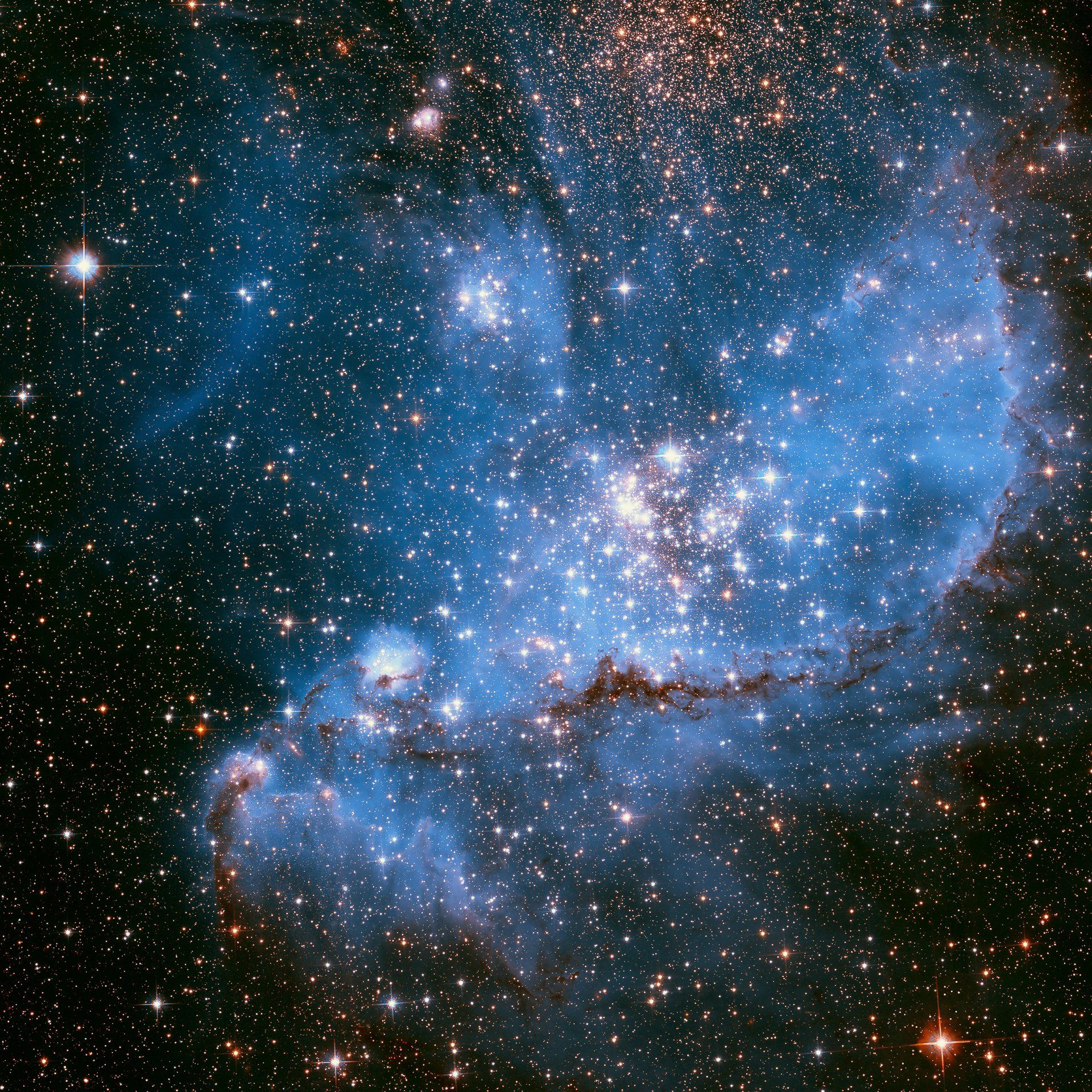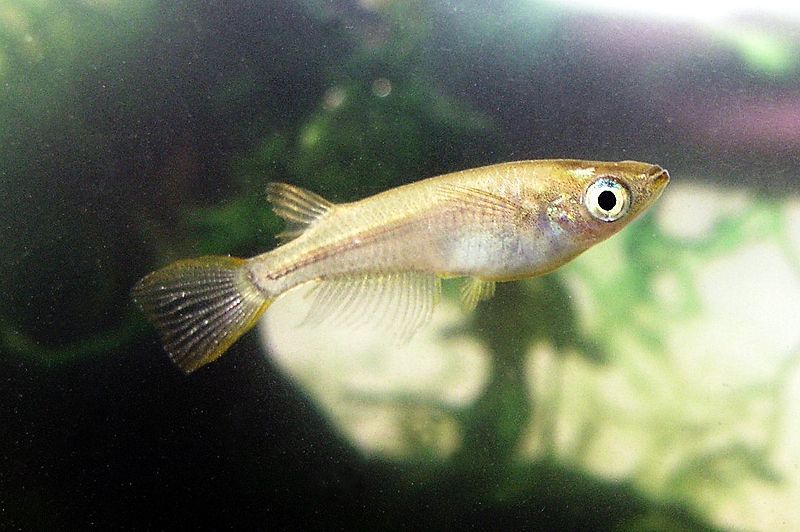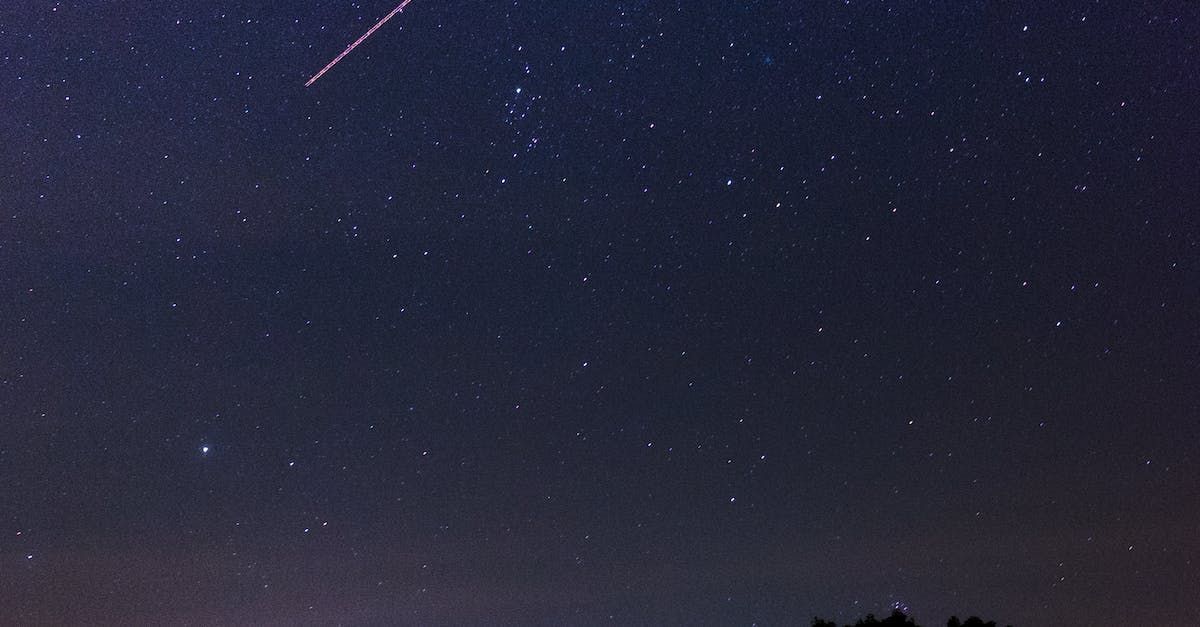Do Guns Work In Space?
Do Guns Work In Space?
In the oxygen-devoid vacuum of space, fires cannot ignite, but guns can still discharge. Modern ammunition contains its own oxidizer, a chemical that ignites gunpowder and propels a bullet, making it functional anywhere in the universe, regardless of the absence of atmospheric oxygen.
The only noticeable distinction between pulling a trigger on Earth and doing so in space is the appearance of the smoke trail. In space, it would manifest as an expanding spherical cloud of smoke originating from the barrel's tip. This insight comes from Peter Schultz, an astronomer at Brown University specializing in impact craters.
The potential for firearms to operate in space opens up a realm of peculiar and improbable scenarios.
What Happens If You Shoot A Gun In Space?
Imagine you're drifting aimlessly in the vast expanse between galaxies, armed with just a gun and a single bullet. You face two choices: spend eternity pondering your mysterious location or take a shot at the cosmos.
If you opt for the latter, Newton's third law of motion comes into play. When you fire the bullet, the force it exerts will equally push back on the gun and, in turn, on you. Since there are very few atoms scattered in intergalactic space to provide resistance, you'll start moving in the opposite direction (though you won't realize it). Given that you're much more massive than the bullet, your backward movement will be only a few centimeters per second, even if the bullet exits the gun at a swift 1,000 meters per second.
Once fired, the bullet will continue its journey indefinitely. According to Matija Cuk, an astronomer from Harvard University and the SETI Institute, the bullet will never cease because the universe is expanding faster than the bullet can catch up with significant masses. To put it simply, if the universe weren't expanding, the few atoms per cubic centimeter encountered by the bullet in the nearly empty space would eventually bring it to a halt after about 10 million light-years.
To break it down further, the universe expands at a rate of 73 kilometers per second per megaparsec (approximately 3 million light-years, the average distance between galaxies). Based on Cuk's calculations, any matter situated 40,000 to 50,000 light-years away from the bullet would move away from it at a speed matching its own, forever remaining beyond its grasp. In the entire future of the universe, the bullet will only catch up to atoms situated within approximately 40,000 light-years from where it was fired.
As for you, you'll be perpetually adrift in space, continuously moving without end.
What Would Happen If You Fired A Bullet At A Gas Giant?
Robert Flack, a physicist at University College London, explains that Jupiter's immense gravitational pull is likely to draw in a bullet, even if it's not aimed accurately. Flack notes that due to Jupiter's enormous size, the bullet will be captured and then follow a curved trajectory downward into the planet.
During this descent, the bullet will gain significant velocity. Peter Schultz adds that if the bullet is directed straight toward Jupiter, the planet's gravity will propel it to an astonishing speed of nearly 60 kilometers per second as it crosses into the gas giant's realm.
Are There Guns In Space?
Guns have indeed made their way to space, although not to the vast emptiness between galaxies. Russian cosmonauts have been equipped with guns in their standard survival kits for many years. Until recently, these were not just any guns but rather advanced multi-purpose weapons featuring three barrels, a folding stock that doubled as a shovel, and even a swing-out machete, as noted by space historian James Oberg. These space guns were provided to cosmonauts in case they needed them upon returning to Earth, particularly for self-defense in case their Soyuz spacecraft had to make an emergency landing in a remote and dangerous area. In theory, cosmonauts could even use these guns before their spacecraft touched down.
The TP-82
The TP-82, a Soviet firearm with three barrels, was carried by cosmonauts during space missions. It served as a survival tool for use after landings in remote areas like Siberia. Some suggest it might have also been intended as a defense against potential threats from the US space program.
This versatile firearm could be used for hunting, protection against wildlife, and for signaling distress with visible and audible signals. Additionally, its detachable buttstock doubled as a machete, complete with a canvas sheath.
The gun's upper two barrels utilized special 12.5×70 mm ammunition, while the lower barrel used 5.45×39mm ammunition, the same as the AK-74 assault rifle. It featured a large lever on the left side for opening the action and a grip safety below the trigger guard. According to NASA astronauts, the TP-82 was known for its accuracy.

© Copyright 2021 Space-facts.co.uk
View our other facts sites: www.animal-facts.co.uk










